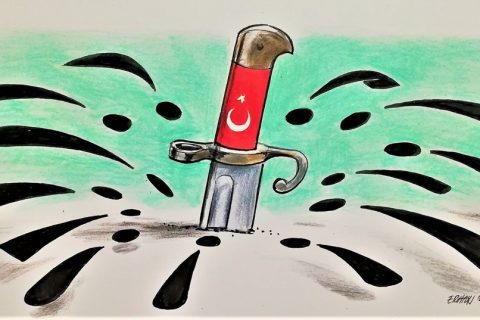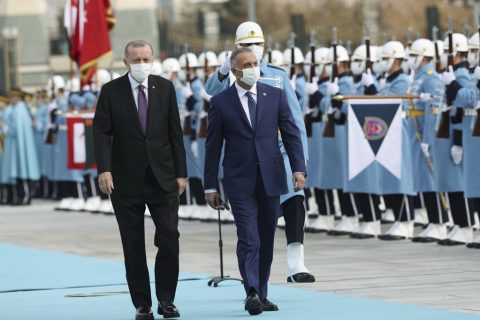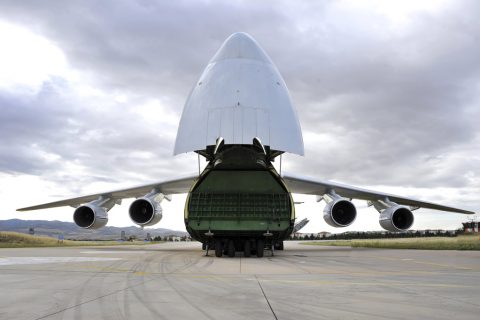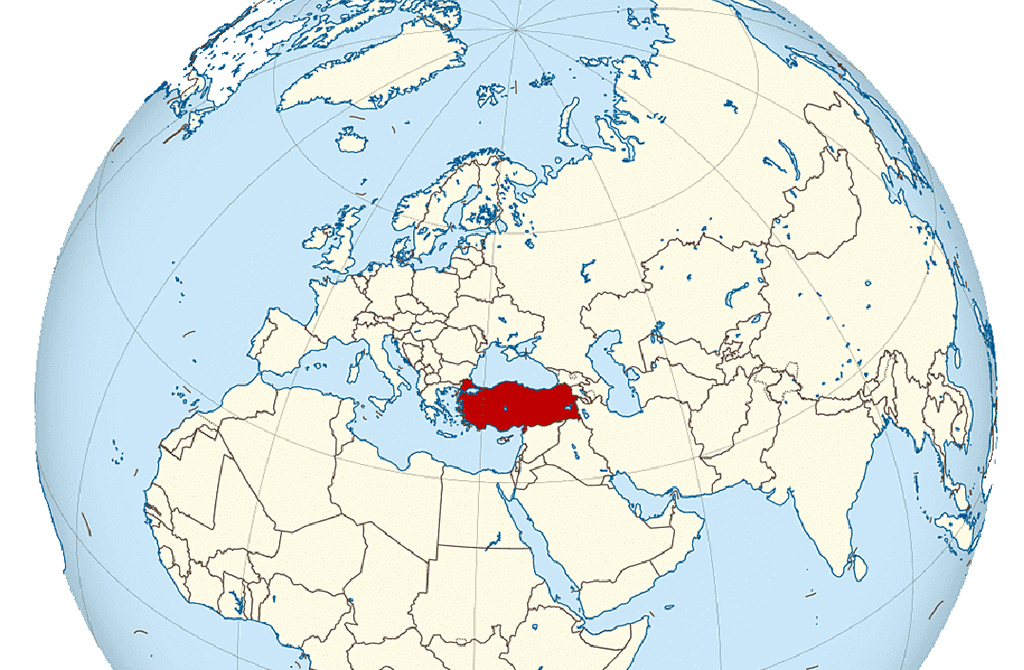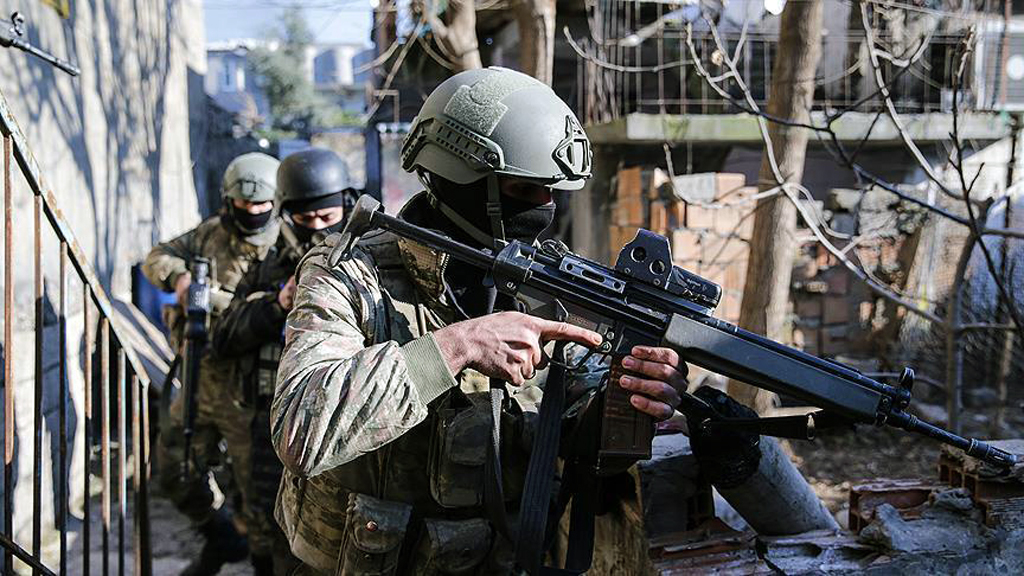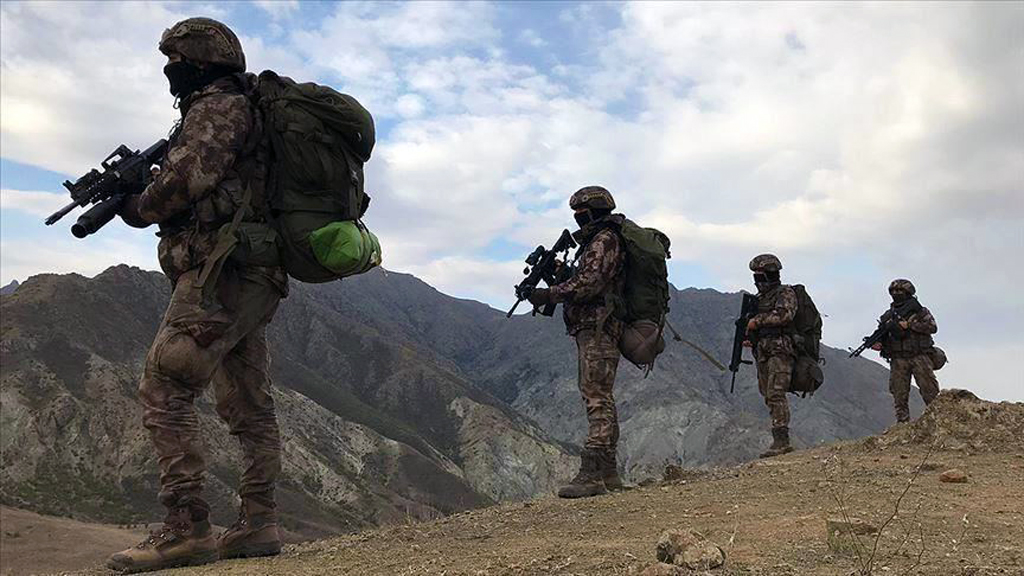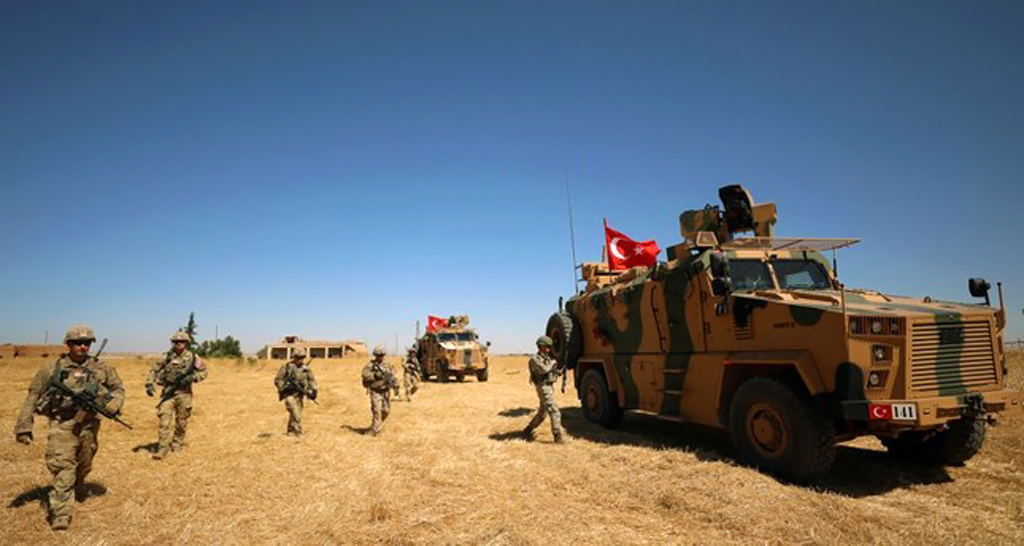Northern Iraq
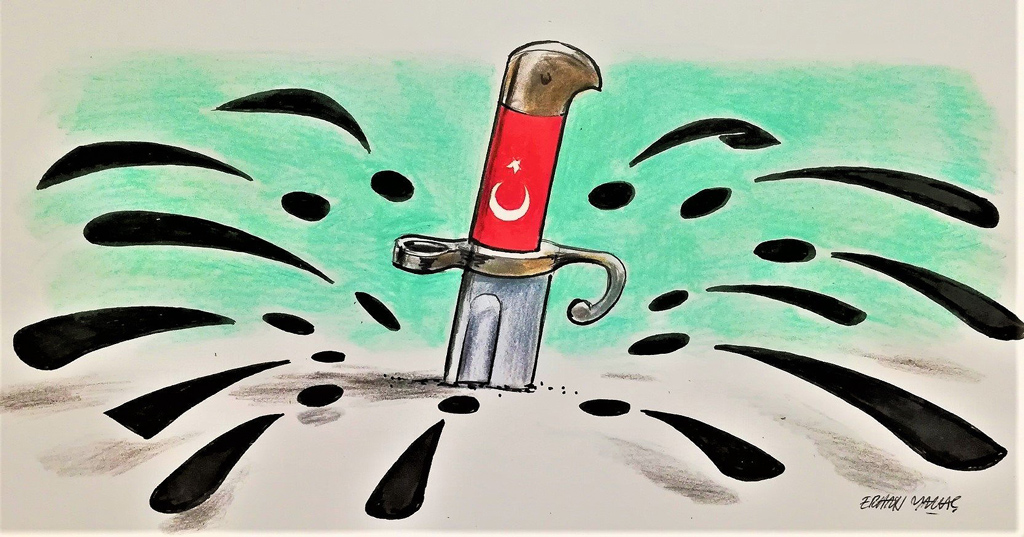
PKK’s Gara attack a litmus test both at home and abroad
| OpinionTurkey mourns the death of its 13 unarmed citizens, who were executed by the PKK …
-
Opinion
PKK’s Gara attack a litmus test both at home and abroad
By Burhanettin DuranTurkey mourns the death of its 13 unarmed citizens, who were executed by the PKK terrorist organization in a cave on Mt. Gara, northern Iraq. The most recent security operation, during which three Turkish troops lost their lives, not only demonstrated anew the PKK’s bloodthirsty nature but also revealed the unbearable double standards that apply to the condemnation of terror attacks at home and abroad.
-
Opinion
Terror, water, stability: Turkey, Iraq revive ties
By Muhittin AtamanSharing similar concerns in the region, Ankara and Baghdad have opened a new page in cooperation, which is particularly bad news for PKK terrorists
-
Opinion
Turkey: Sanctioned by the US, praised by Russia
By Burhanettin DuranThe United States reached its long-anticipated decision on sanctions over Turkey’s purchase of the S-400 air defense system from Russia. Outgoing U.S. President Donald Trump imposed Countering America's Adversaries Through Sanctions Act (CAATSA) sanctions on NATO ally Turkey's Presidency of Defense Industries (SSB) under pressure from U.S. Congress. The sanctions, as they stand, are not necessarily severe, although there is the possibility of additional steps being taken. However, what is important is that there is now room for the incoming U.S. administration to reengage with Turkey.
Bu Konuda Daha Fazla
-
What are Turkey’s power and intent?
By Burhanettin DuranAnkara’s intervention in Libya fueled a fresh debate in European and Middle Eastern capitals on Turkey's role in the world. Reflecting the view that Turkey has evolved into a more powerful player, that discussion has two dimensions: First, it concentrates on the concrete shifts in the balance of power in Syria, Libya and the Eastern Mediterranean. At the same time, it is a propaganda war with lots of speculation about "real" intentions. It would be impossible to make sense of Turkey’s most recent moves, capabilities and objectives without distinguishing those two aspects.
-
Turkey’s ‘seek and destroy’ strategy against PKK terrorism in...
By Ümit TetikPKK has targeted Turkey through violent terrorist attacks as well as fake news and black propaganda since March 2020 when the first COVID-19 cases emerged in Turkey and neighboring countries
-
Turkey’s Strategy of Multiple Priority in its war on...
By Ümit Tetik By Nur GünayThe PKK seems to have returned to the 1970-1984 period, in which its terrorists were trying to increase their aggressive behavior but were too weak to act in most cases
-
Western media still ignoring PKK attacks
By Léonard FaytrePKK's existence in Turkey, Syria and northern Iraq is the number one national security problem for Turkey. This is the Turkish red line that Western media organs have been refusing to see
-
Turkey’s Syria policy and the US response
By Muhittin AtamanThe Syrian crisis is not something that can be handled solely through Turkish efforts; the region's biggest problem needs to be confronted by both external and internal stakeholders
